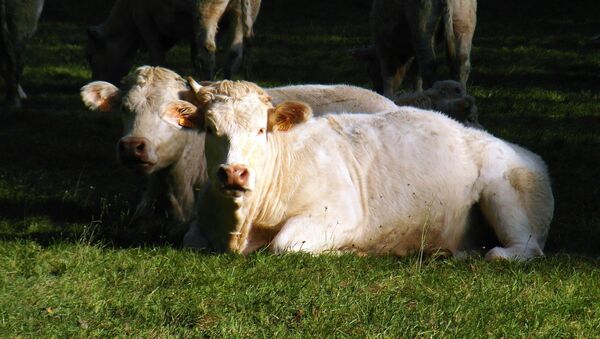"Of course Slovenia felt the effect of sanctions and countersanctions. Most of the problems sanctions cause for the agricultural products that we export to Russia. Primarily for the dairy products," Seligo said.
He said the two countries' companies had joint projects but they were lacking investments.
"There are good projects between our companies, but the problem is how to get investments, herewith the interest of Slovenia in Russia as a strategic partner remains," Seligo added.
The European Union and the Unites States imposed sanctions against Russia in 2014 over its alleged involvement in the Ukrainian conflict and several times extended them. They are in place until July 31, 2017. In turn, Russia has introduced a food embargo on meat products, dairy products, fish, fruits and vegetables from countries that sanctioned Moscow and has it in in force until December 31, 2017.
Russia's Ambassador to the European Union Vladimir Chizhov told Sputnik earlier in the week that relations between the European Union and Russia had become hostage to the linkage between anti-Moscow sanctions and the fulfillment of the Minsk agreements, which the envoy said had been artificially imposed by the bloc.


